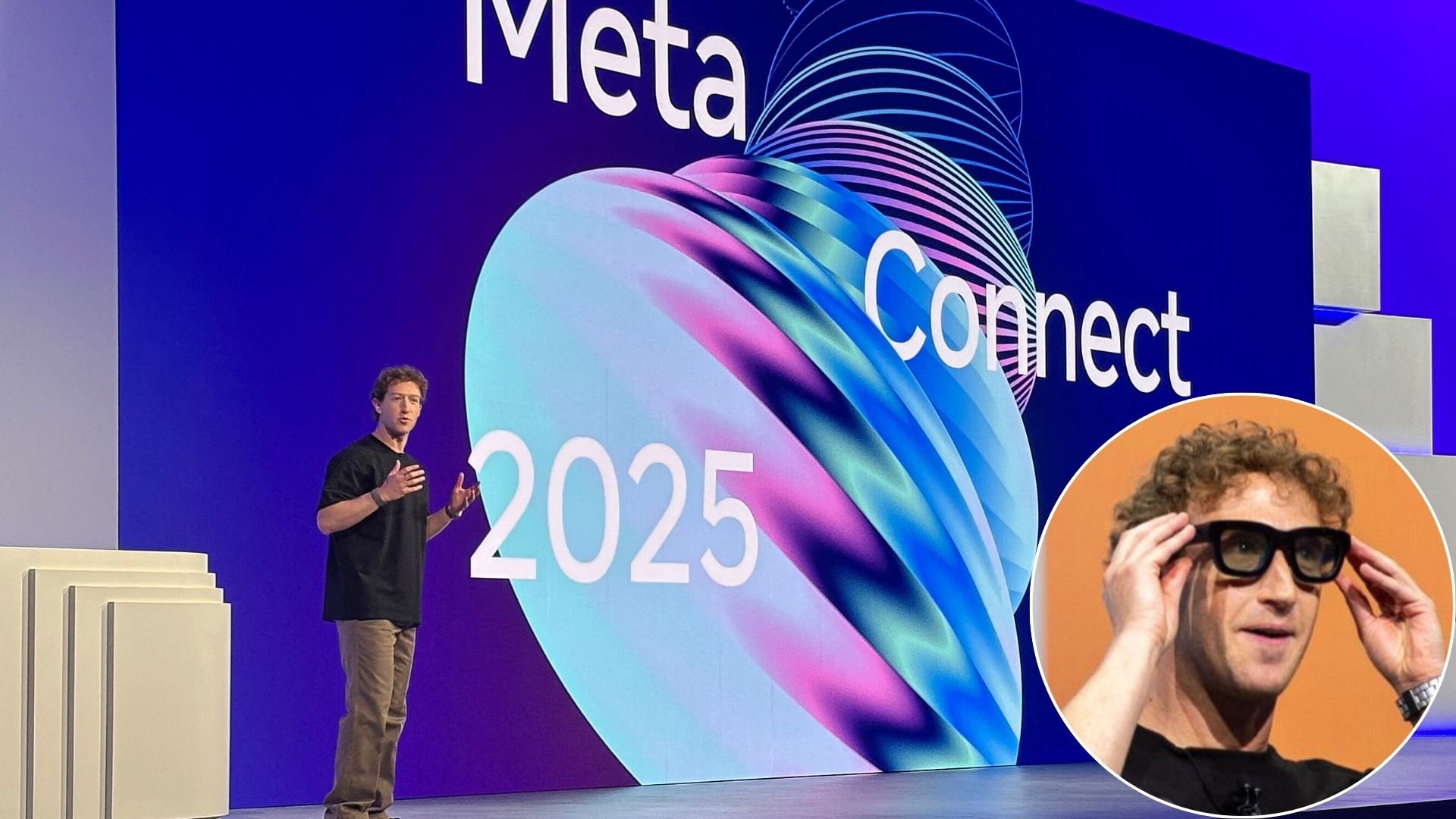
A presentation on the capabilities of its new “smart” glasses quickly turned into a nightmare for Meta CEO Mark Zuckerberg at the Meta Connect conference on September 17.
Meta spent billions on AI-powered smart glasses so that its CEO could be humiliated onstage not once, but twice, by the tech's dismal failures.
— The Daily Beast (@thedailybeast.bsky.social) 2025-09-18T13:47:03.925871Z
Meta's CEO had an embarrassing moment at the annual Meta Connect conference.
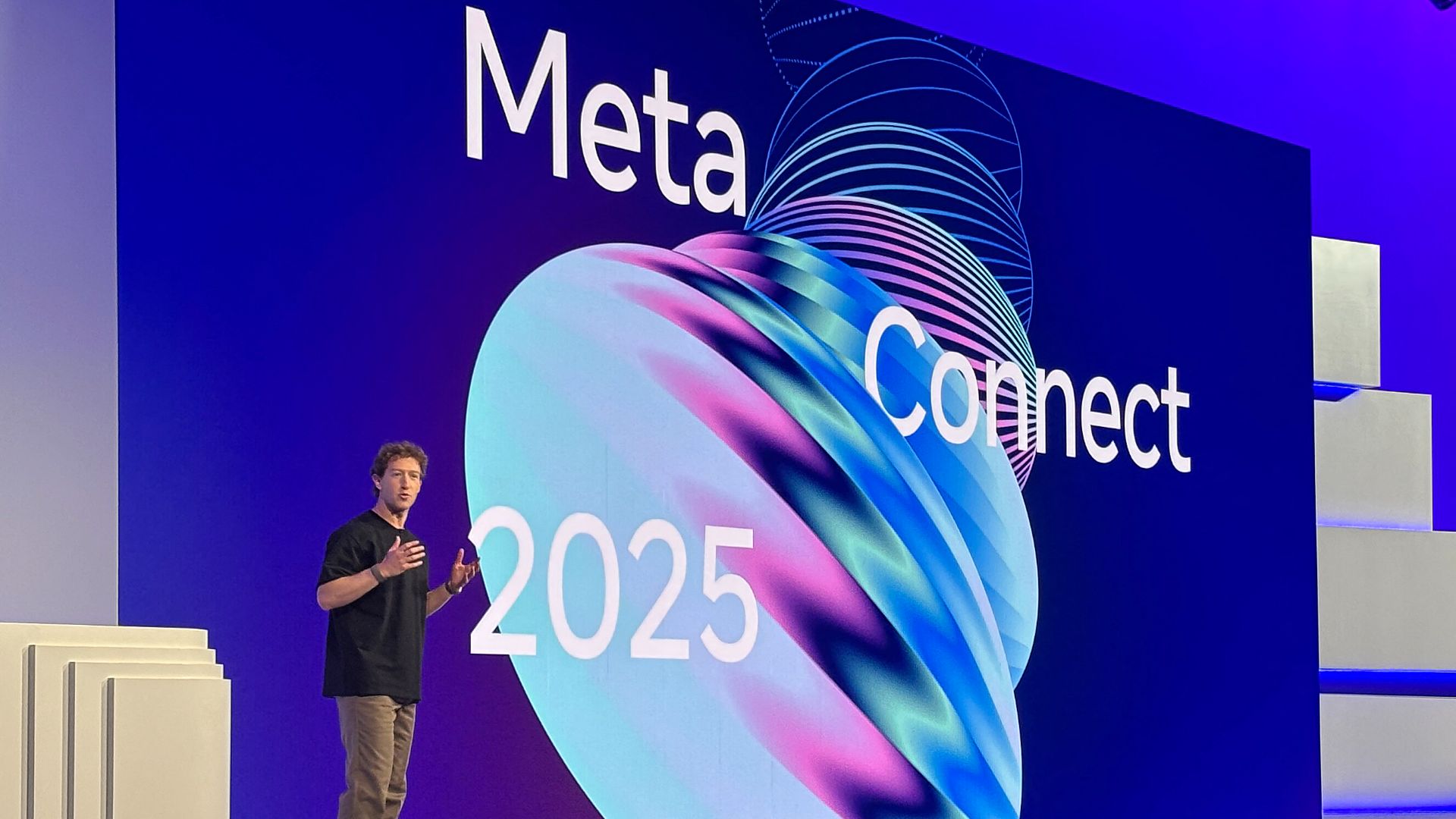
While presenting the new “smart” glasses assisted by artificial intelligence, the demonstration turned into a nightmare.
An embarrassing moment
The device, which was supposed to guide a guest chef through the preparation of a “Korean-inspired” sauce, multiplied errors, giving incoherent instructions. The chef had to repeat his questions several times, without success.
Zuckerberg then tried to show a video call via the glasses and a neural bracelet, but the connection failed, forcing him to make awkward gestures on stage.
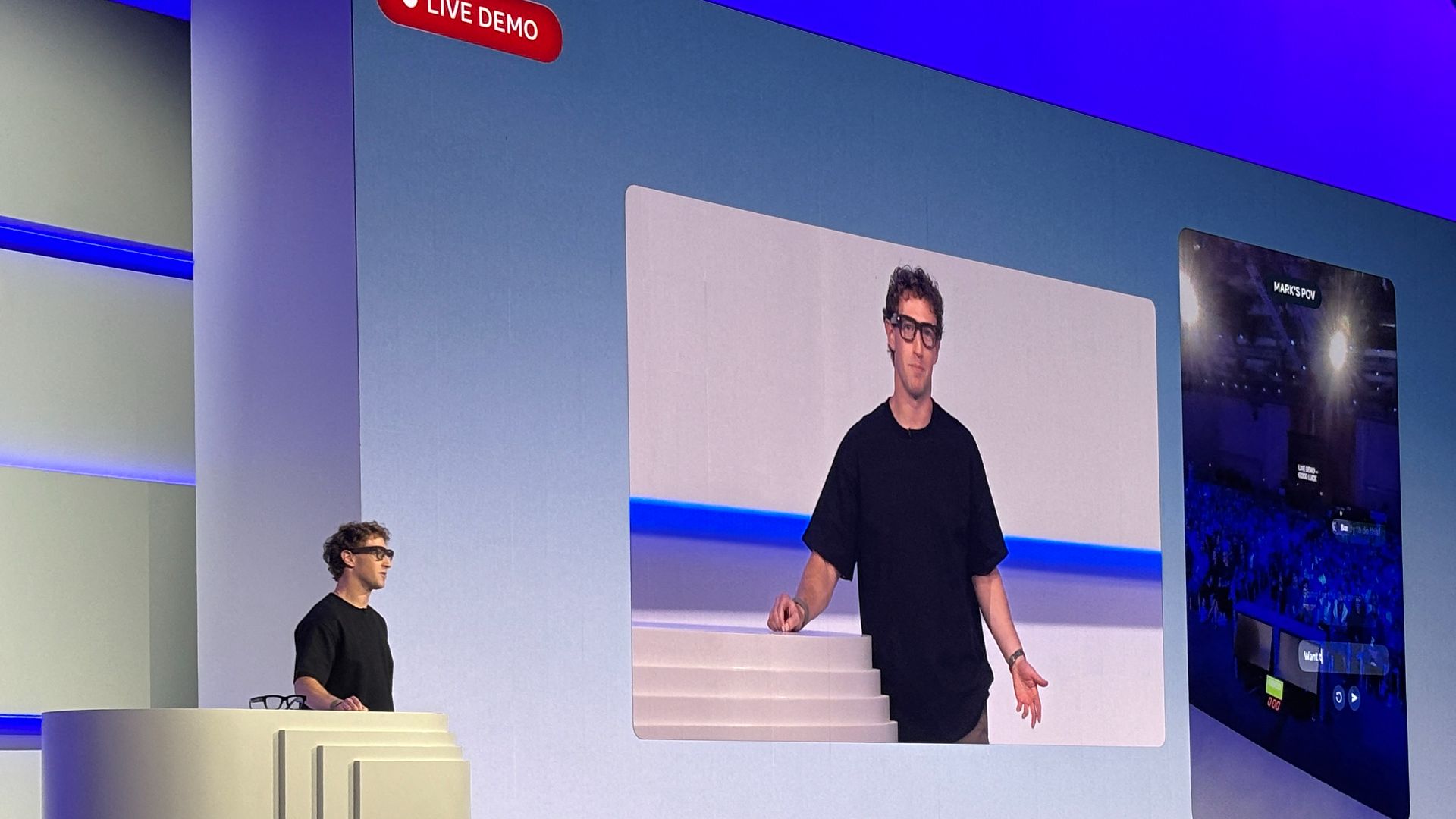
To explain these setbacks, Meta cited a poor Wi-Fi connection. Zuckerberg tried to lighten the mood with a joke, while CTO Andrew Bosworth promised to check the source of the problems.
This incident, widely mocked on social networks, underlines Meta's persistent challenges in its AI race and highlights the fragility of technologies that are still far from infallible.
A significant cognitive disadvantage?
Mark Zuckerberg recently stated, according to CNN, that people who don't wear smart glasses incorporating artificial intelligence could, in the near future, find themselves at a “significant cognitive disadvantage”:
“I think in the future, if you don't have glasses that have AI, or some way to interact with AI, I think you're kind of similarly probably be at a pretty significant cognitive disadvantage compared to other people.”
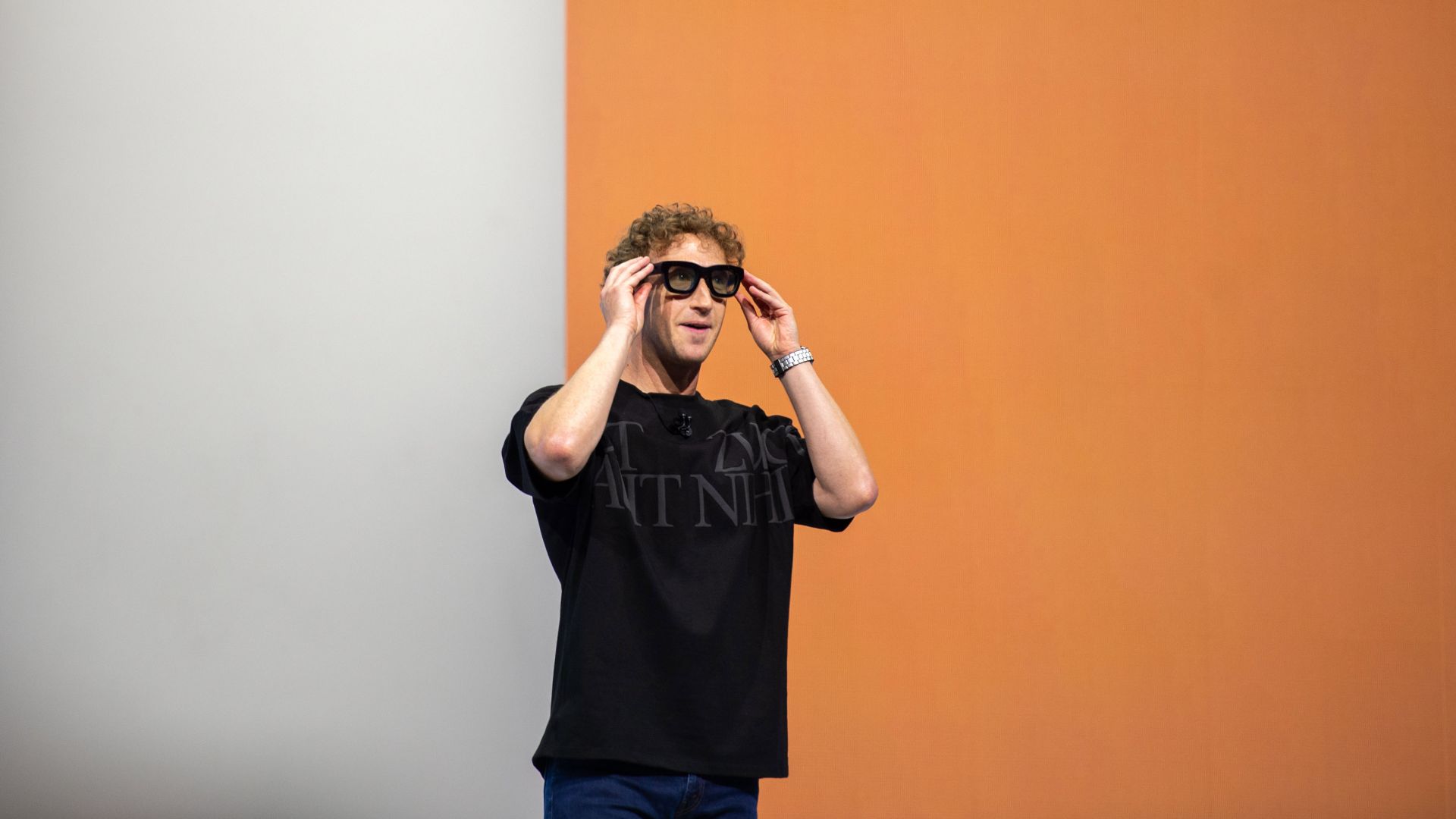
In his view, these devices will become the ideal bridge between the physical and digital worlds, capable of seeing, hearing and reasoning alongside their user.
The demonstration, with its many technical missteps, offers a striking contrast between the promise of an “indispensable” future and the still-fragile reality of the technology, which puts Meta in an uncomfortable position.
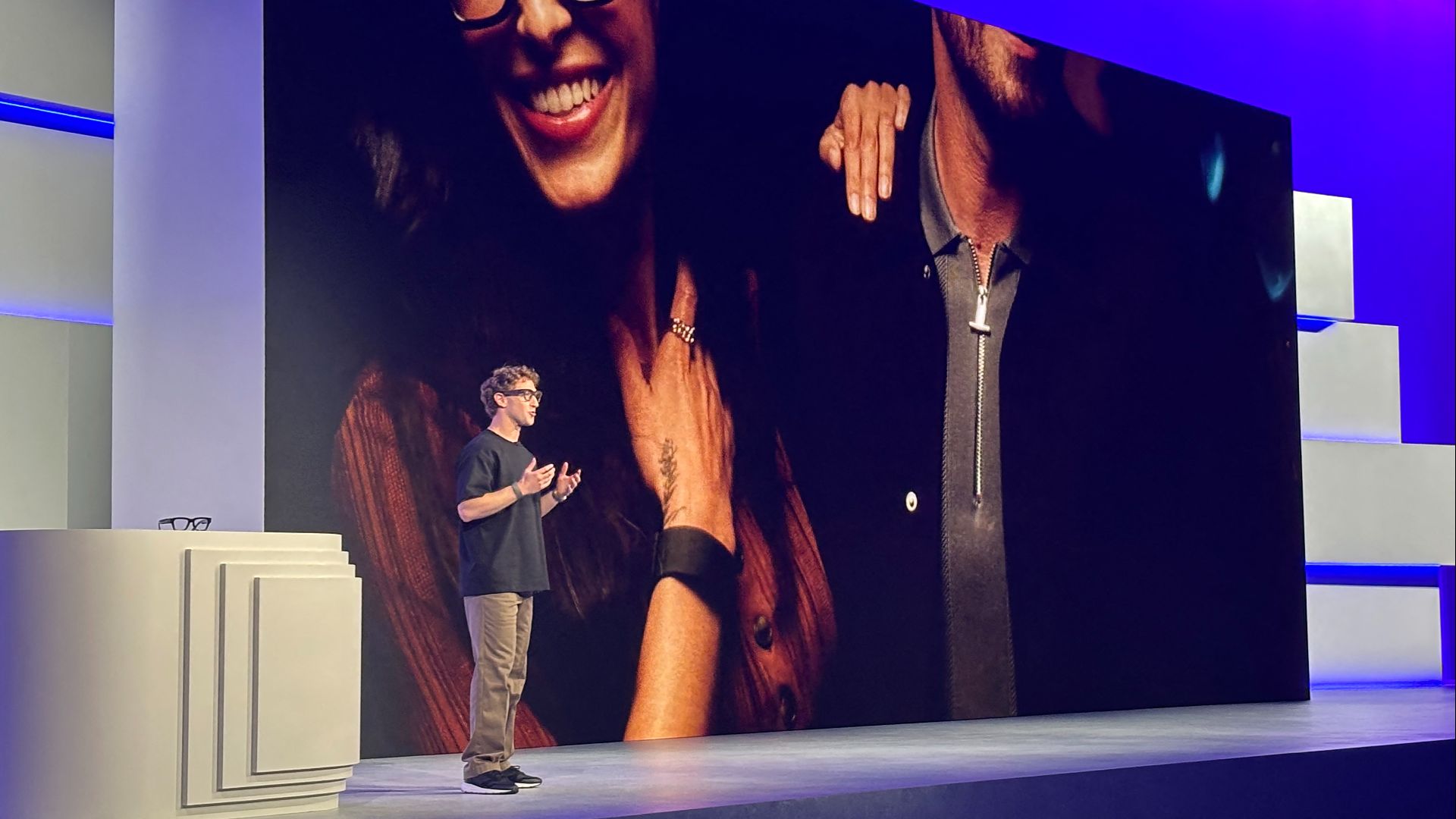
Zuckerberg has been working on his connected glasses since late 2017, with a first model launching in 2021 and a stated ambition for over 7 years to make them the must-have AI device.
But if Zuckerberg wanted to prove that “smart” glasses will soon be indispensable… for now, they've mostly proved that they can embarrass him.
Meta CEO Mark Zuckerberg has told analysts that people without smart glasses may one day be at a “significant cognitive disadvantage” compared to those who do use the tech: https://cnn.it/47L2Y5a